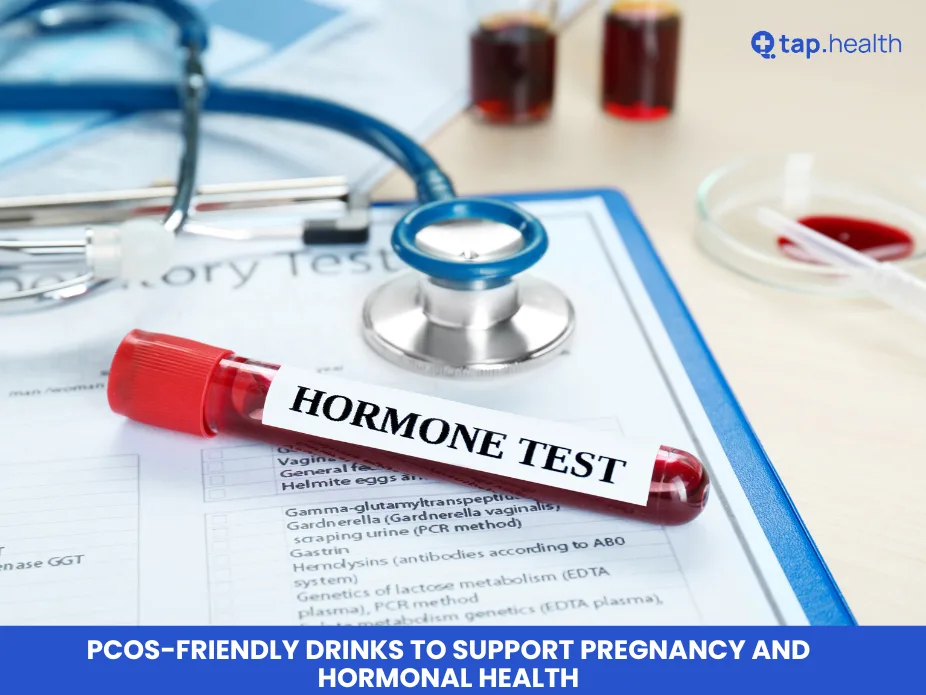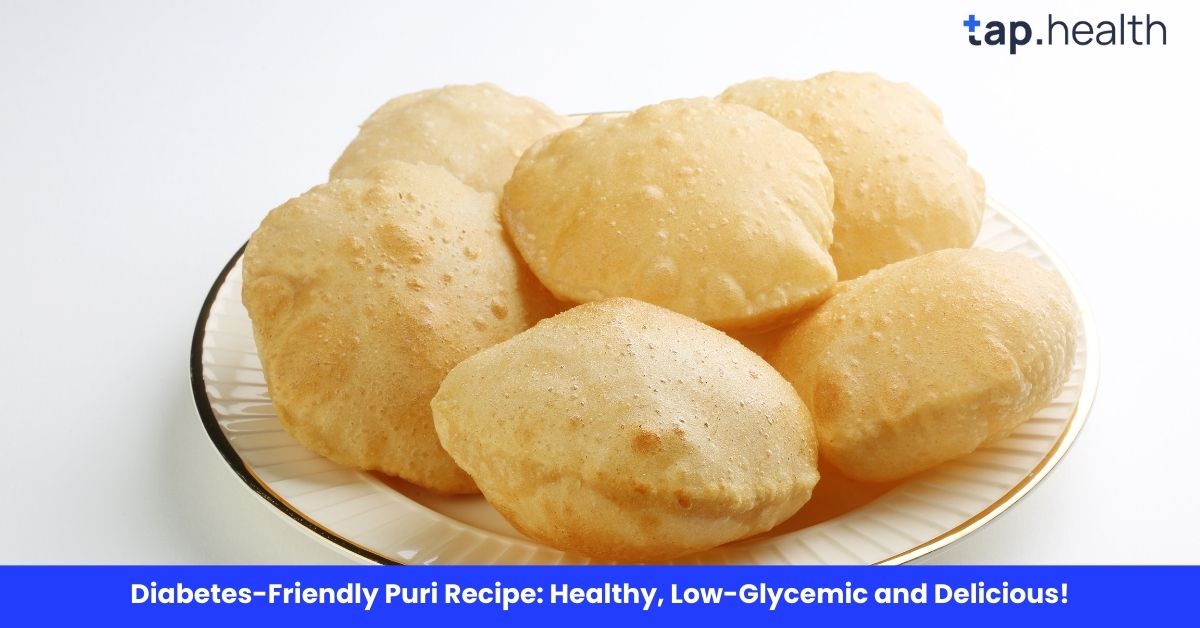Women with Polycystic Ovary Syndrome (PCOS) face unique challenges during pregnancy, especially around insulin resistance, hormonal imbalance, inflammation, and nutrient deficiencies. The right drinks can help manage these issues, stabilize blood sugar, reduce androgen levels, and promote overall maternal and fetal health.
Here are the most recommended PCOS-friendly drinks during pregnancy, backed by science and expert guidance.
1. Plain Water – The Foundation of PCOS Pregnancy Hydration
Water is non-negotiable. Proper hydration supports weight management, lowers the risk of gestational diabetes (which women with PCOS are prone to), and helps flush excess hormones. Recommendation: 8–10 glasses (2.5–3 liters) daily.
2. Green Tea (Decaf or Limited) – Antioxidant Power for Insulin Sensitivity
Rich in catechins, green tea may improve insulin resistance and aid hormone balance. Caution: Limit to 1–2 cups daily and prefer decaffeinated versions to stay under the safe pregnancy caffeine limit (≤200 mg/day).
3. Spearmint Tea – Natural Anti-Androgen Drink for PCOS
Spearmint tea has proven anti-androgenic effects and can lower elevated testosterone levels, reducing hirsutism and acne. Recommendation: 1–2 cups per day is considered safe and beneficial during pregnancy.
4. Ginger Tea & Chamomile Tea – Pregnancy-Safe Herbal Options
- Ginger tea: Eases morning sickness and offers anti-inflammatory benefits.
- Chamomile tea: Promotes relaxation and better sleep. Always confirm with your doctor that the brand is pregnancy-safe.
5. Vitamin D-Fortified Plant Milks or Drinks
Vitamin D deficiency is common in PCOS and linked to worse insulin resistance and fertility outcomes. Fortified almond, oat, or soy milk (unsweetened) helps meet daily needs and supports fetal bone development.
6. Probiotic Drinks (Kefir or Low-Sugar Kombucha)
Live-culture probiotic beverages improve gut health, reduce inflammation, and may positively influence hormone balance in PCOS. Choose versions with minimal added sugar.
7. Green Smoothies with Leafy Greens & Berries
Packed with folate, magnesium, antioxidants, and fiber, these smoothies help control blood sugar spikes. Best combo: spinach/kale + berries + chia seeds + unsweetened protein powder or Greek yogurt.
8. Pure Coconut Water (Unsweetened)
A natural electrolyte source that’s low in calories and gentle on blood sugar when consumed in moderation (1 cup/day).
Drinks to Strictly Avoid or Limit During PCOS Pregnancy
- Alcohol – completely prohibited.
- Sugary sodas, juices, and energy drinks – worsen insulin resistance.
- Excessive caffeine (>200 mg/day).
- Artificial sweeteners – best minimized.
Expert Tips for PCOS Beverage Choices in Pregnancy
- Focus on low-glycemic, anti-inflammatory, and nutrient-dense options.
- Prioritize magnesium, folate, vitamin D, and inositol-rich choices.
- Always personalize with your OB-GYN or registered dietitian specializing in PCOS.
Can TapHealth Help Manage PCOS and Diabetes During Pregnancy?
Yes! TapHealth’s evidence-based nutrition plans, continuous glucose monitoring insights, and specialized PCOS & gestational diabetes programs make it easier to choose the right drinks and meals that keep blood sugar stable, hormones balanced, and pregnancy healthy. Join thousands of women successfully managing PCOS in pregnancy with TapHealth today.
Quick FAQ: PCOS-Friendly Drinks During Pregnancy
Q: Can I drink coffee with PCOS while pregnant?
A: Yes, in moderation (1 small cup or switch to decaf) to stay under 200 mg caffeine.
Q: Are smoothies safe for PCOS pregnancy?
A: Absolutely—when made with low-GI fruits, greens, and protein/fat to avoid spikes.
Q: Is coconut water good every day for pregnant women with PCOS?
A: Yes, 1 cup of unsweetened coconut water daily is excellent for hydration and electrolytes.
Q: What’s the best drink to control blood sugar in PCOS pregnancy?
A: Water, spearmint tea, green tea (decaf/decaf), and lemon-infused water top the list.
Making smart drink choices is a simple yet powerful way to support hormonal health and a smoother pregnancy journey with PCOS. Stay hydrated, stay informed, and thrive!



